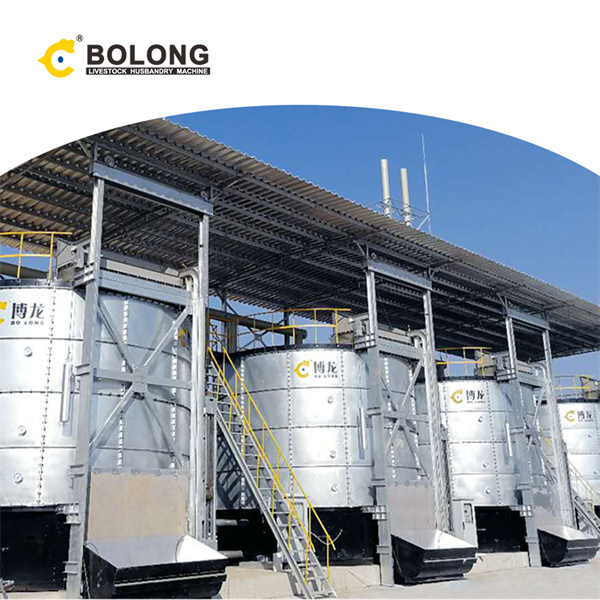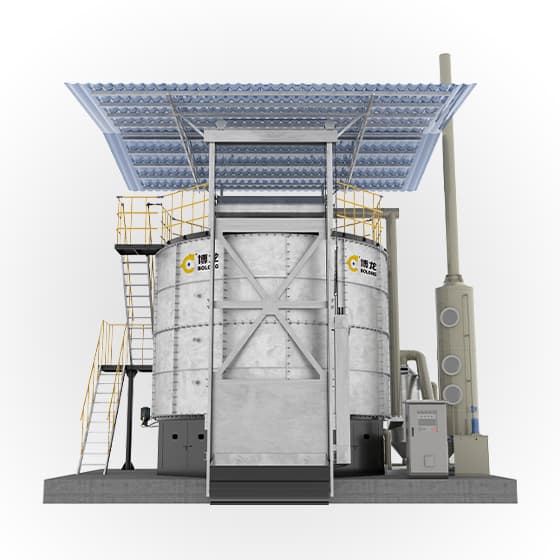Introduction: Organic certification requires strict adherence to sustainable and natural farming practices. Livestock fermentation tanks help farms meet these standards. This article explores how fermentation tanks support organic certification.

Natural Fertilizer: Fermentation tanks produce compost that serves as a natural and organic fertilizer, complying with organic farming standards. This compost enriches soil without synthetic additives.
Sustainable Manure Management: The use of fermentation tanks aligns with organic certification requirements for sustainable manure management. They prevent nutrient runoff and reduce environmental impact.
Pathogen Control: Fermentation tanks help control pathogens in manure, ensuring the safety and quality of compost. This supports organic certification standards for food safety and soil health.
Case Study: An organic dairy farm used fermentation tanks to manage manure and produce compost. The farm successfully obtained organic certification, benefiting from the sustainable and natural manure management practices.

Conclusion: Livestock fermentation tanks support organic certification by providing natural fertilizer, sustainable manure management, and pathogen control. These benefits help farms comply with organic standards and enhance sustainability.